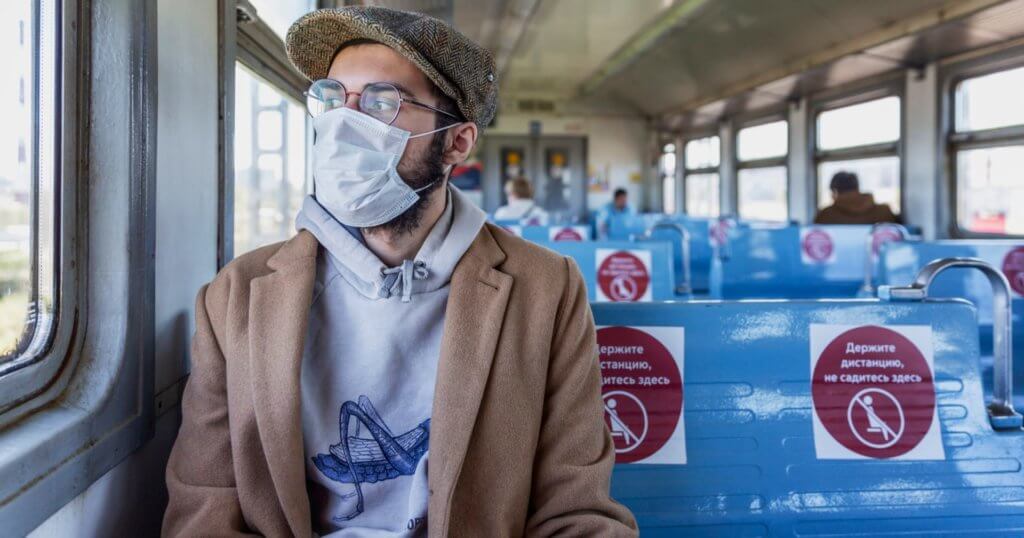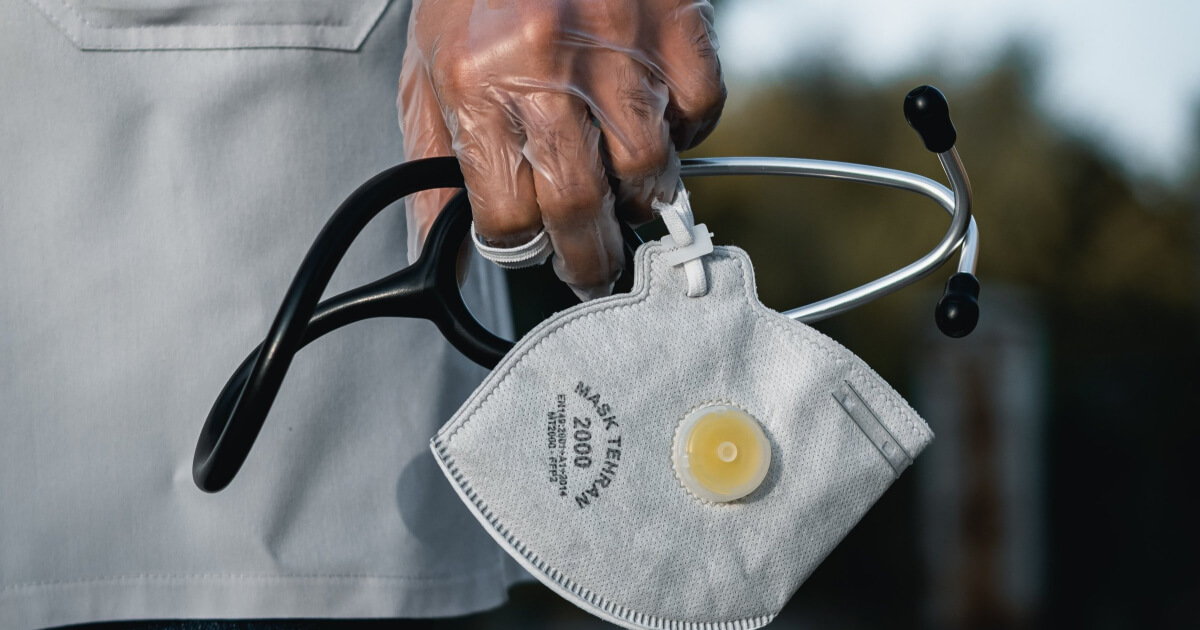
Coronavirus (COVID-19) cases are on the decline in several parts of the world, but even good news heralds difficult challenges for governments trying to keep their populations safe. Opening workplaces and businesses stimulate the economy, for example, but makes social distancing difficult or impossible in some cases, especially on public transportation.
Dr. David S. Ricketts, Innovation Fellow at Harvard TECH, hosts a weekly Zoom call to discuss the challenges cities are facing around COVID-19 and how they are being addressed.
This week, we were joined by representatives from New Zealand, Ireland, and others who are experiencing fewer COVID-19 cases but are now faced with pressure to ease restrictions.
Cities Where COVID-19 Cases Have Slowed: Now What?
New Zealand experienced an inspiring 24-day period without any new cases of COVID-19. Since our Zoom call, two individuals arriving from the UK have tested positive and are now in quarantine. However, no one in the country is receiving hospital-level care for the virus.
Wellington City Council says the key to all of their actions (at both levels of government) has been an understanding and operationalization of trust. The Ministry of Health reports that more than 558,000 people are now registered users of NZ COVID Tracer, the ministry’s contact tracing app.
At City Innovators, we have seen a trend in New Zealand that involves the lifting of internal restrictions to encourage local travel and tourism. However, a 14-day quarantine remains in effect for people entering the country. This restricts people going on international flights, as a two-week holiday would actually require four weeks of leave.
Ireland, Greece, Luxembourg, Austria, Iceland, Finland, and Norway have also almost beaten the coronavirus in terms of new cases. Although the spread is moving from east to west, with a mix of islands and landlocked countries, there is much for other cities to learn from these countries.
On June 15, Ireland reported its first day without a COVID-19 death since March. After a record three days without any coronavirus-related deaths, Northern Ireland Health Minister Robin Swann said what all governments are thinking right now — he warned citizens not to become complacent. In this case, Swann did so by quoting a Bible verse: “Do not boast about tomorrow for you do not know what a day may bring.”
Feeling the Pressure to Reopen Amid COVID-19
There has been a lot of pressure in the UK to ease restrictions, City Innovator members shared, which has led to different measures being enacted in England, Scotland, and Northern Ireland.
On June 8, all high street shops in Ireland were given permission to resume their business while enforcing social distancing, but opening times are staggered in an attempt to prevent large crowds from gathering in one place. This week, libraries, marts, and shopping malls will also open, but patrons will not be allowed to gather around fountains or benches.
Ireland’s travel ban will lift on June 29.
As of June 15, Thailand reported its 21st day without any new coronavirus cases. As such, the country has begun to ease restrictions but has extended international travel bans until June 30.
Greece, which relies on tourism for roughly 20% of its income, has reopened its airports to international flights. As in many countries, however, arriving passengers must be quarantined for two weeks before venturing out into the general population. Hospitality employees are required to wear masks and social distancing will continue to be enforced.
Back to Work Challenges During COVID-19
We have seen an estimated 90% of workers, even in the public sector, move to remote working since March. As people across the world return to work on-site, city officials will have to face the issue of overcrowding on public transport.
It is nearly impossible to impose a social distancing of 2m on buses and trains. In Dublin, for example, double-decker buses can hold 90 people normally but only 17 while social distancing. Since lockdown measures were enacted, passengers on the Dublin Bus have dropped from 440,000 passenger journeys to just under 100,000 people since some restrictions were lifted. You can read Dublin’s plans for managing mobility during COVID-19 here.
UK officials are now enforcing compulsory face masks on public transport, as research has suggested this reduces spread by 40%.
Many cities are encouraging groups of staff to work together to limit any spread that may happen, such as “Group A comes into the office on Monday/Tuesday/Wednesday and Group B goes into the office on Thursday/Friday.”
Office work, in itself, poses a number of unique challenges when it comes to preventing the spread of coronavirus. Elevators pose too high of a risk, and every second desk must be left free. While many countries are going back to a level of normality, however, it seems it will be a number of months before office workers will return.
Sharing COVID-19 Restriction Challenges and Solutions
As lockdowns ease around the world, cities face a whole new set of problems that require creative solutions. If you would like to learn more about what cities are doing to address these challenges, join the discussion by signing up for the forum here.


